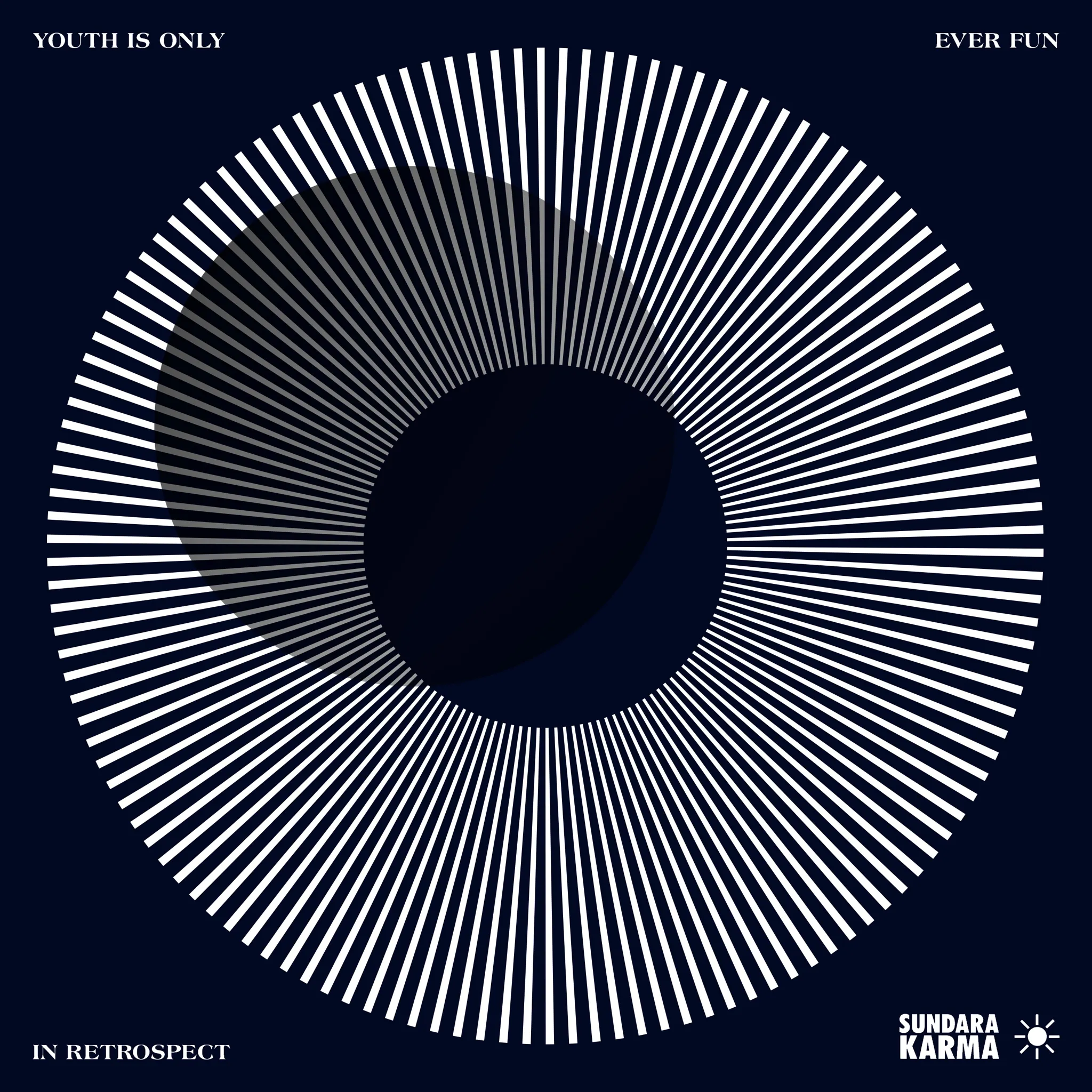
Cover Feature Let There Be Light: Sundara Karma
Existentialism! Religion! David Bowie! On second album ‘Ulfilas’ Alphabet’, Sundara Karma are tackling the big subjects and painting them in their own unique, technicolour palette.
Τhe quaint village of Pangbourne isn’t a place you’d imagine sees a lot of action. Just outside of Reading, and a short train from London, it may be geographically only a stone’s throw away from the hubbub, but its rural calm and sleepy pace lend itself more to knitting circles than circle pits. Pangbourne is not, in short, a place that you might guess would birth one of the most bright, adventurous and surprising records to land on DIY’s post pile in a while, and yet it’s here that we find ourselves on a clear, crisp winter’s day to meet Sundara Karma frontman Oscar Pollock.
It’s a specific corner of Pangbourne that we’re headed for - namely a vast, sprawling area of field and woodland, situated around the corner from the singer’s cosy family home. Bracing and still (aside from a near constant stream of excitable pups, including Oscar’s own hyperactive hound Ziggy), it’s here that he would come for inspiration and to clear his head while writing forthcoming second album ‘Ulfilas’ Alphabet’. It is, we suggest while walking along the singer’s regular route, a remarkably chilled-out spot to craft something so immediately colourful and dramatic. “But nature is colourful and dramatic! Don’t you think?” he chuckles in response. And it’s this seemingly innocuous comment that seems to sit at the heart of ‘Ulfilas’ Alphabet’.
Though the record’s 13 songs might burst with ideas (recent, brilliant single ‘One Last Night On This Earth’, he tells us, was originally comprised of 88 different instrumental tracks) and ring with flamboyance and theatricality, there’s something far more nuanced and gentle at its core than just a bit of surface razzle dazzle. Sundara Karma’s second album is one that tackles identity and personal growth, spirituality and self-reflection and finds in its primary author a sensitive voice with more wisdom than his 23 years should dictate. It’s a record that asks big questions and offers up, if not an answer, then at least a bold, positive moment of respite from the eternal search for it. “There’s a lot of awful things going on at the moment, and you can bow down to the negativity or you can say yes, this is awful but you’re not going to get rid of negativity by being negative, so why not have fun?” Oscar says. “Why not embrace colour and carry levity with you? Nothing is forever and everything passes, so why not try to enjoy things?”
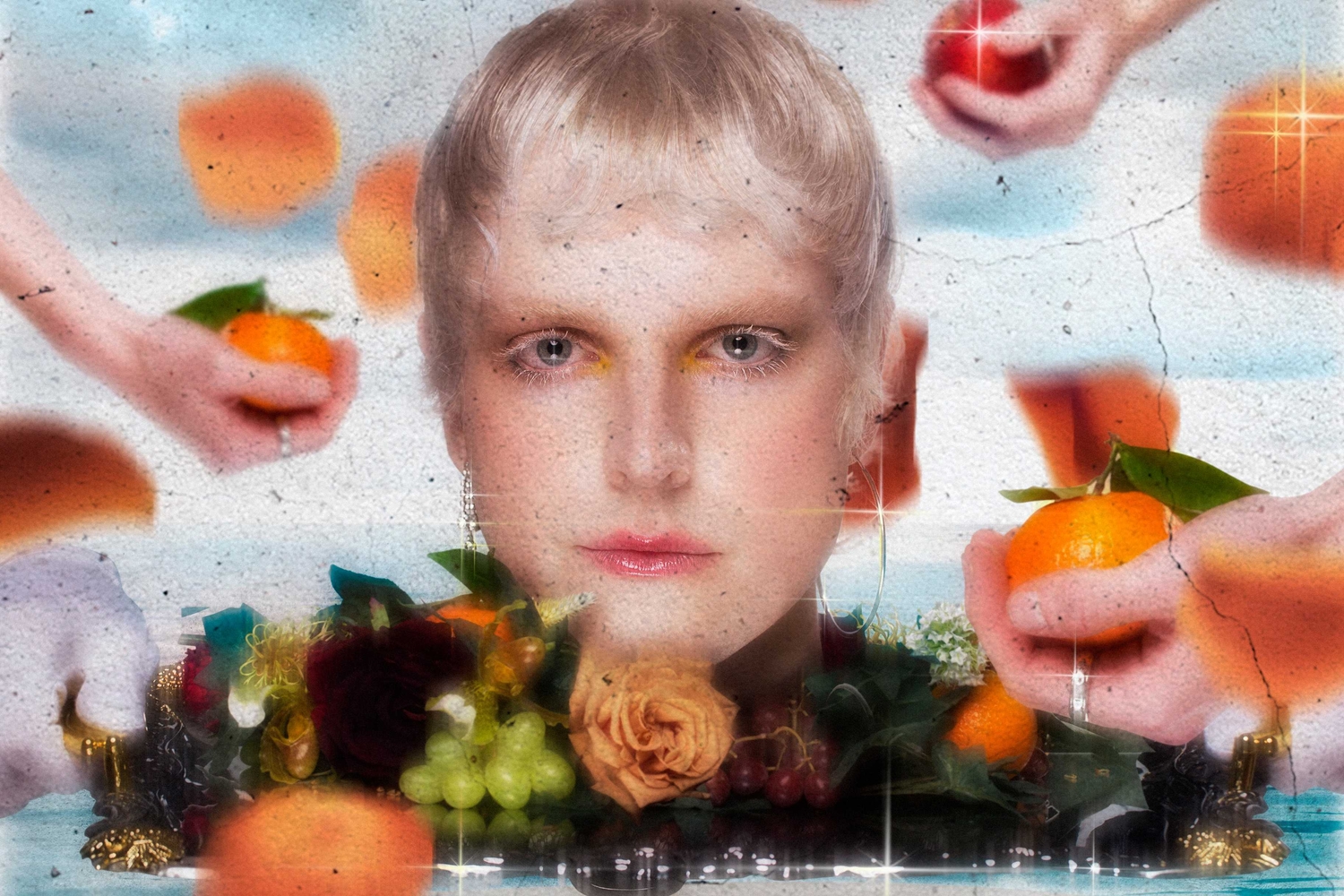
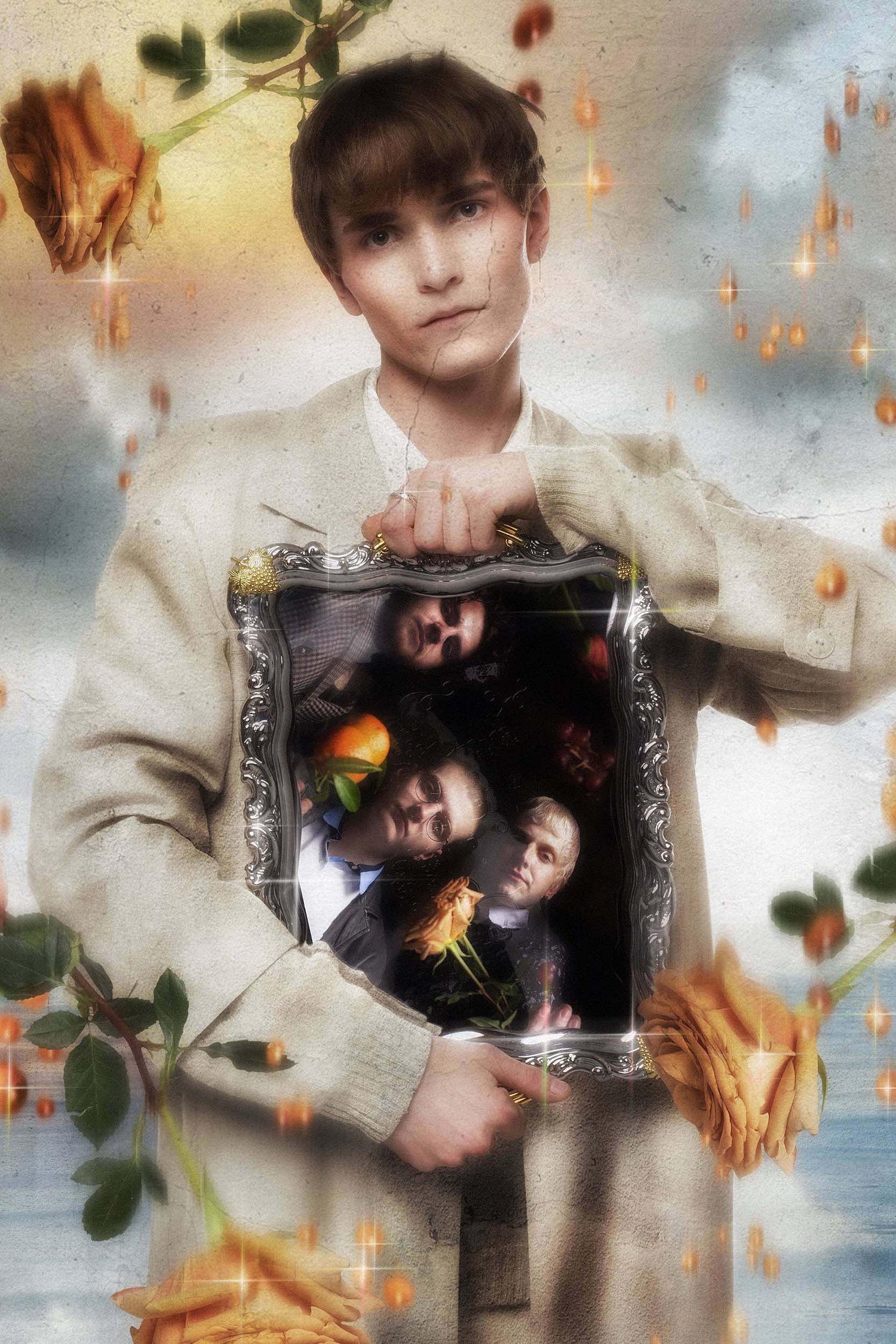
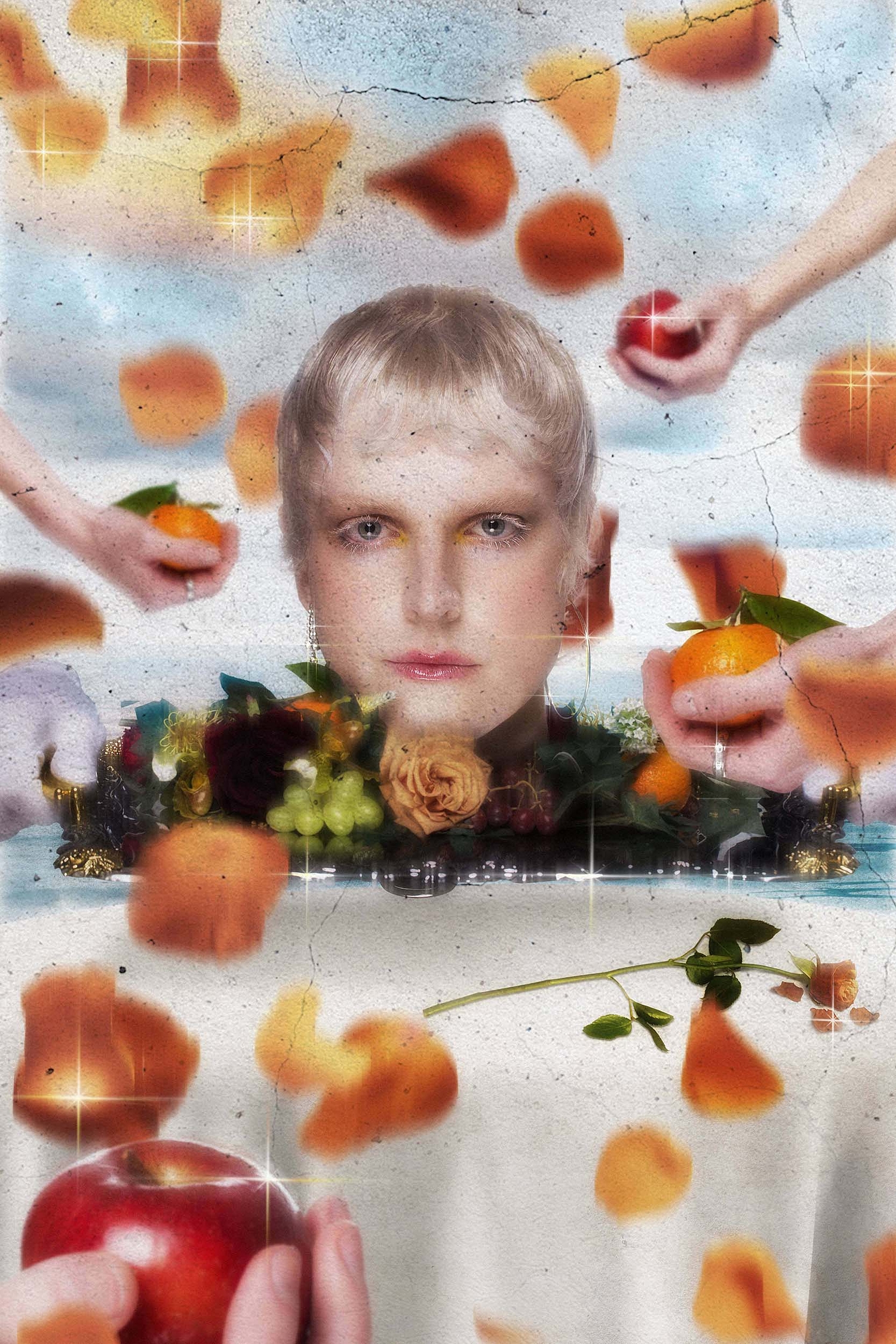
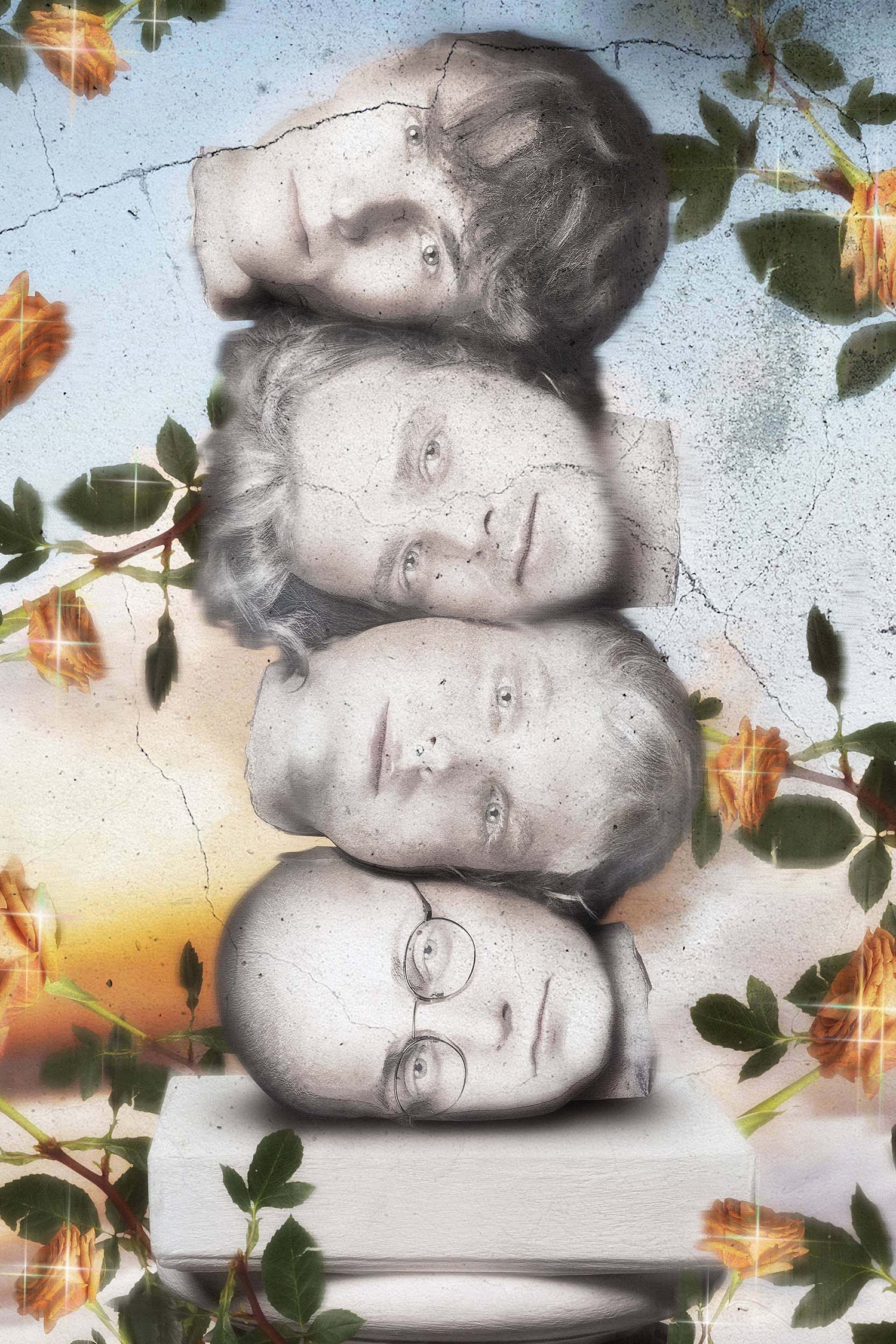
As featured in the February 2019 issue of DIY, out now.
Read More
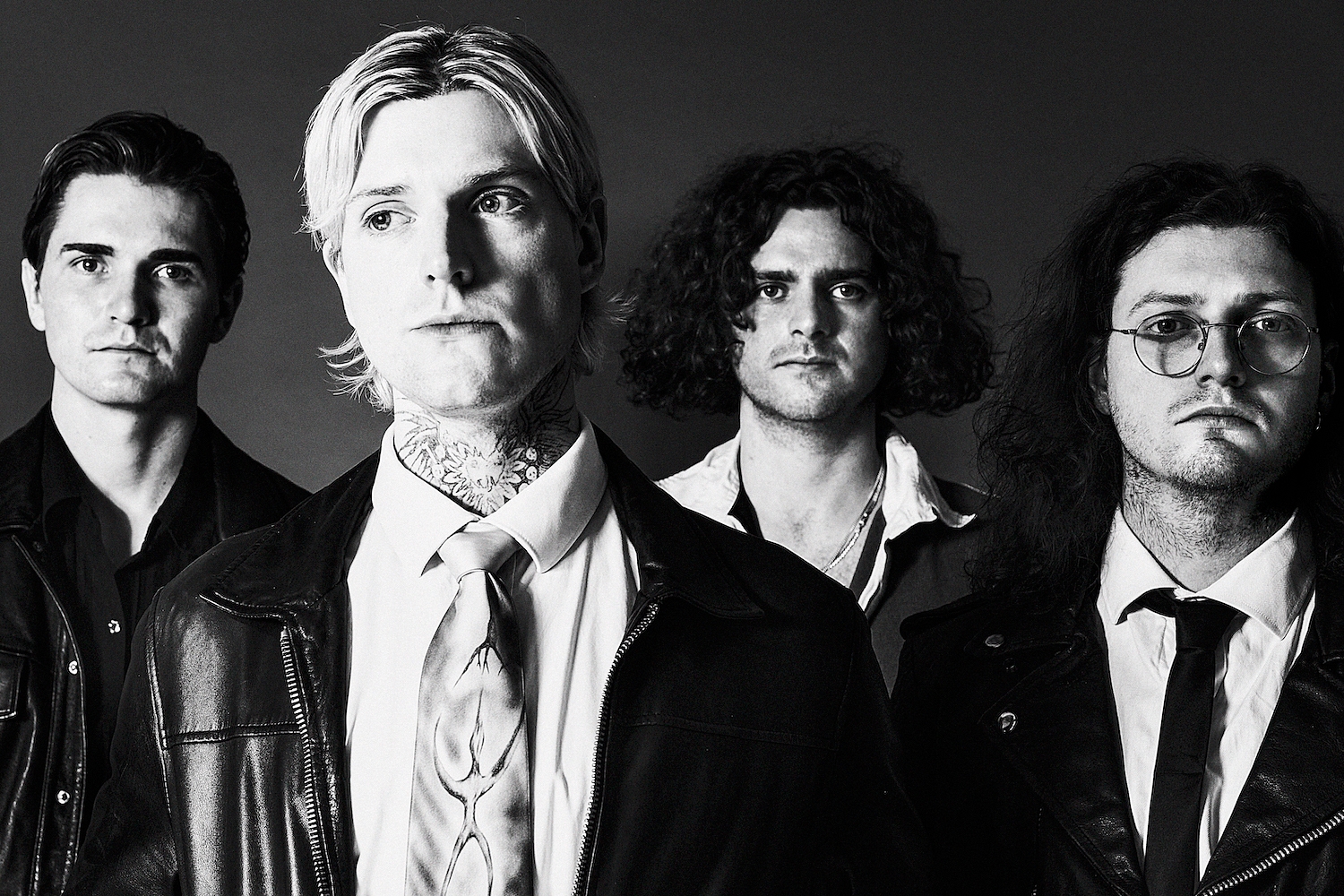
Sundara Karma - Better Luck Next Time
4 Stars
Charming and nostalgic, like a hug from a warm blanket.
25th October 2023, 7:56am

Sundara Karma share latest track ‘Miss Again’
Their new album ‘Better Luck Next Time’ lands at the end of the month.
4th October 2023, 11:45am
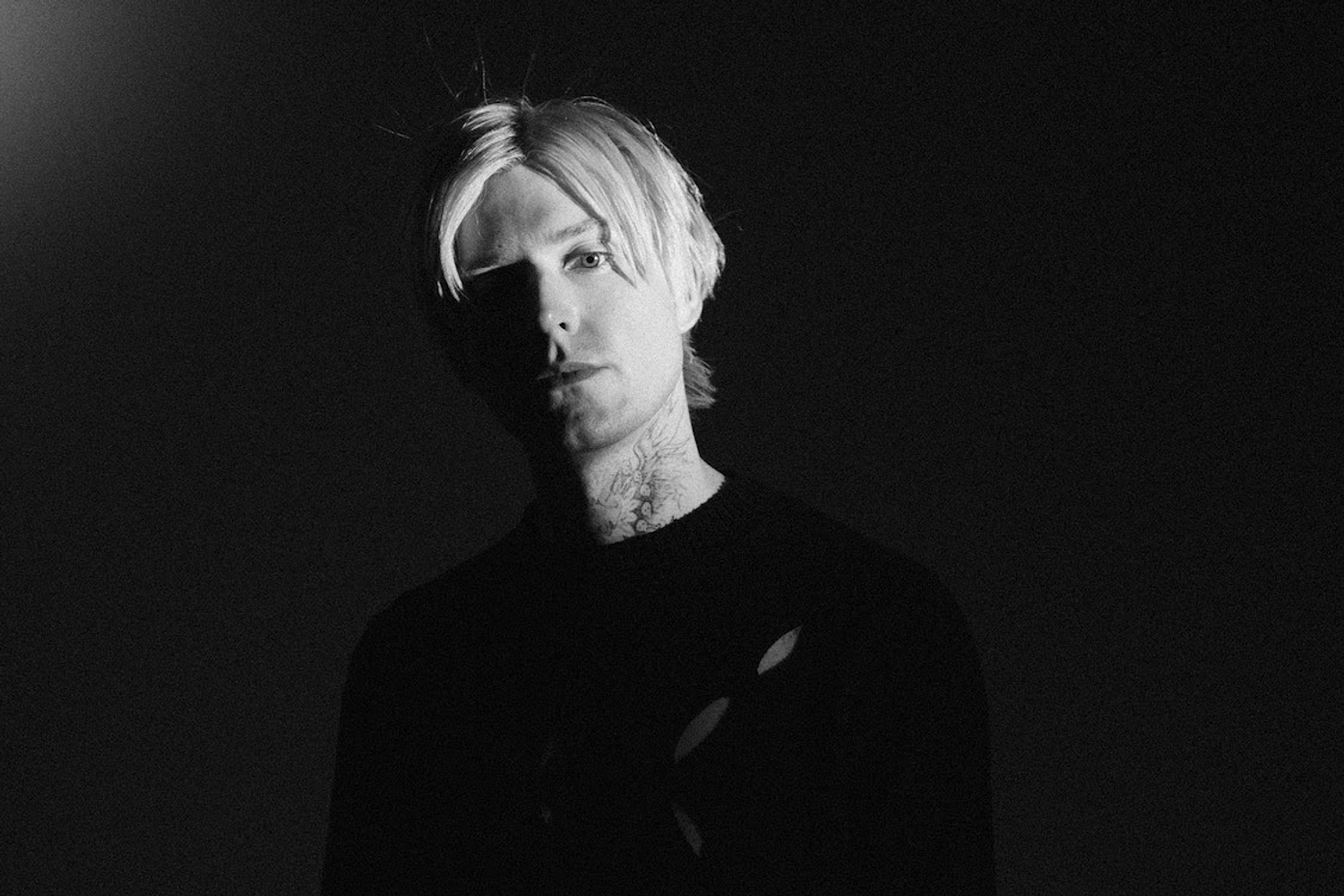
Sundara Karma share next pre-album song, ‘Wishing Well’
They’re also embarking on a huge headline tour of the UK later this year.
6th September 2023, 2:51pm

Sundara Karma announce new album ‘Better Luck Next Time’
The band recently shared their latest single ‘Friends of Mine’.
11th July 2023, 1:58pm
